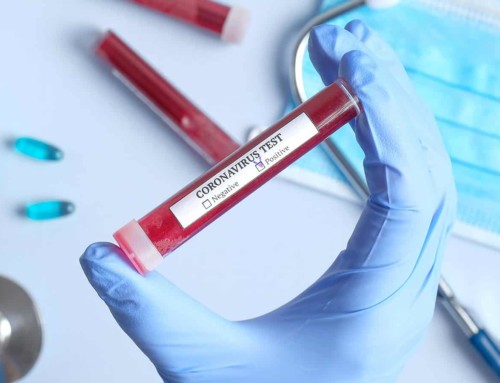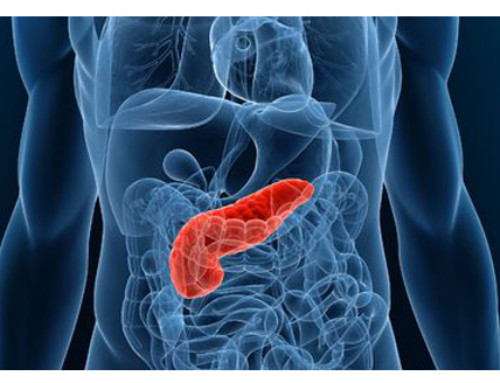Амигдалин предизвиква апоптоза в човешки ракови HeLa клетки при рак на шийката на матката
Amygdalin induces apoptosis in human cervical cancer cell line HeLa cells
Febuary 2013, Vol. 35, No. 1 , Pages 43-51 (doi:10.3109/08923973.2012.738688)
Yu Chen, Jinshu Ma, Fang Wang, Jie Hu, Ai Cui, Chengguo Wei, Qing Yang, and Fan Li Department of Pathogenobiology, Bethune College of Medicine, Jilin University, Chang Chun, Jilin, China Address for Correspondence: Fan Li, Department of Pathogenobiology, Bethune College of Medicine, Jilin University, Xinmin Street #126, Changchun 130021, China. Tel: +86 431 85619574. E-mail: fanli_liu@sina.com (or) Qing Yang, Department of Pathogenobiology, Bethune College of Medicine, Jilin University, Xinmin Street #126, Changchun 130021, China. Tel: +86 431 85619574. E-mail: yangq@jlu.edu.cn
Amygdalin, a naturally occurring substance, has been suggested to be efficacious as an anticancer substance. The effect of amygdalin on cervical cancer cells has never been studied. In this study, we found that the viability of human cervical cancer HeLa cell line was significantly inhibited by amygdalin. 4,6-Diamino-2-phenyl indole (DAPI) staining showed that amygdalin-treated HeLa cells developed typical apoptotic changes. The development of apoptosis in the amygdalin-treated HeLa cells were confirmed by double staining of amygdalin-treated HeLa cells with annexin V-FITC and propidium iodide (PI) along with increase in caspase-3 activity in these cells. Further studies indicated that antiapoptotic protein Bcl-2 was downregulated whereas proapoptotic Bax protein was upregulated in the amygdalin-treated HeLa cells implying involvement of the intrinsic pathway of apoptosis. In vivo, amygdalin administration inhibited the growth of HeLa cell xenografts through a mechanism of apoptosis. The results in the present study suggest that amygdalin may offer a new therapeutic option for patients with cervical cancer.
Read More: http://informahealthcare.com/doi/abs/10.3109/08923973.2012.738688




